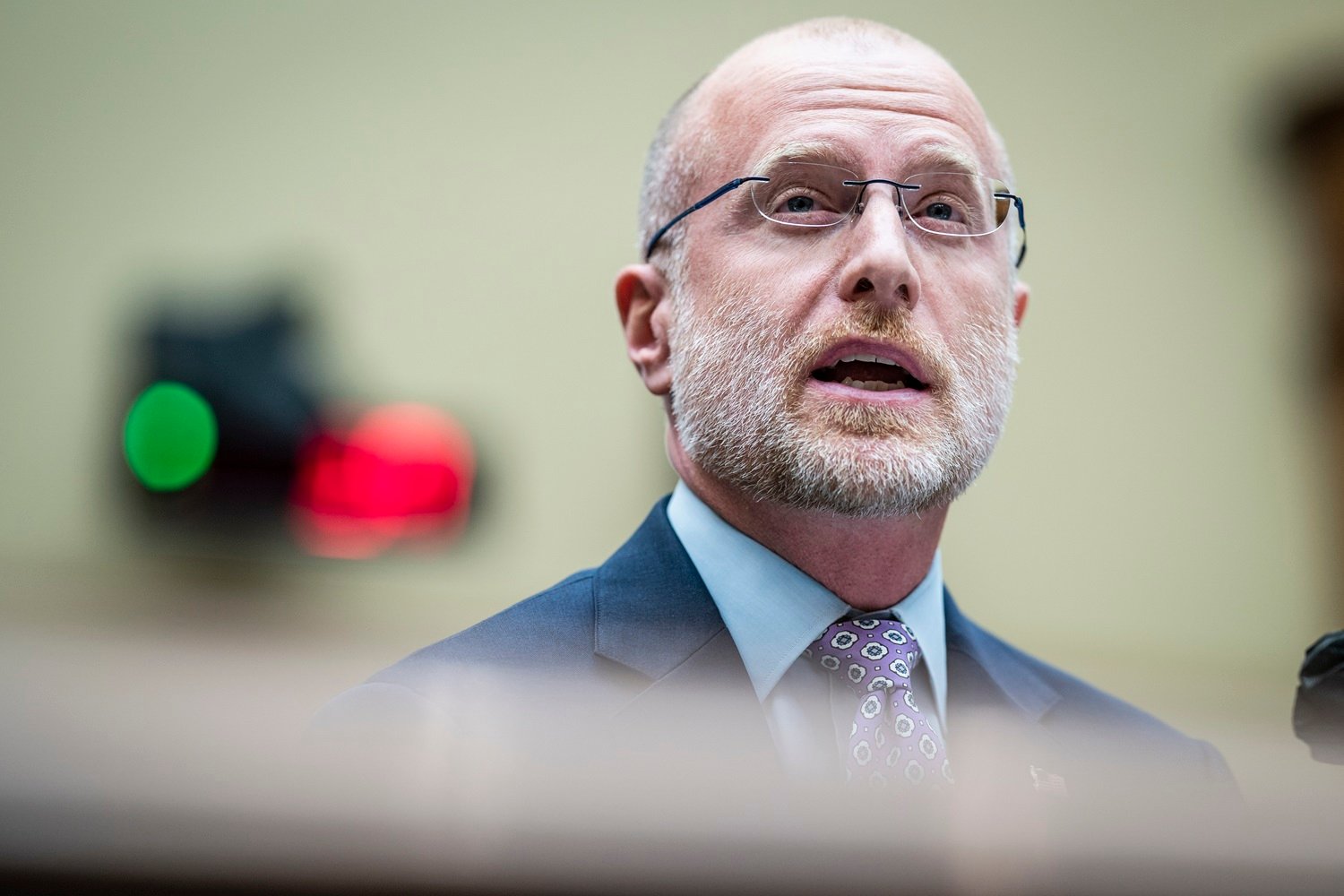Here is the rewritten content without changing its meaning, retaining the original length, and keeping proper headings and titles as required:
Comcast Targeted by FCC Over DEI Programs
The Federal Communications Commission (FCC) has launched an investigation into Comcast’s Diversity, Equity, and Inclusion (DEI) programs, with new Chairman Brendan Carr taking aim at the company. DEI initiatives aim to hire and support employees from underrepresented backgrounds.
The Investigation
According to The Verge, Carr has asked the FCC to investigate Comcast’s DEI practices, although Commissioner Anna Gomez revealed that the action was taken unilaterally without the consent of the rest of the commission. Comcast has announced that it will cooperate with the FCC’s inquiry. Gomez has stated that the FCC’s mission is to close the digital divide, foster innovation, and protect consumers, and that stoking partisan culture wars is not within the commission’s purview.
Executive Order and Republican Opposition
President Trump recently signed an executive order targeting DEI initiatives, directing the Attorney General to identify private sector companies with "egregious and discriminatory" DEI programs. Carr is using this executive order to investigate Comcast. Supporters of DEI argue that a diverse workforce produces better business outcomes, while critics, including Republicans, claim that DEI programs are virtue signaling and disadvantage Caucasian people.
Examples of Companies Retaining DEI Programs
Companies like Apple, Costco, and the NFL have retained their DEI programs despite President Trump’s efforts to roll back the initiatives. These organizations argue that DEI initiatives lead to better business outcomes by allowing them to make products that appeal to all demographics and incorporate a broader range of experience.
CBS and Paramount
Carr has also launched an investigation into CBS over an interview it aired with then-Vice President and presidential candidate Kamala Harris. President Trump sued CBS, claiming that a commercial promoting the interview was misleading. The FCC oversees broadcast licenses, which makes its threats somewhat effective. However, legal experts believe that the FCC has no standing to go after CBS on First Amendment grounds.
Effect of Trump’s Pressure
Even if investigations and legal threats prove fruitless, the pressure President Trump has placed on businesses and government organizations has been enough to achieve his aims. Companies like Meta and Amazon have preemptively abandoned their DEI efforts following his re-election. Paramount, the owner of CBS, has reportedly discussed settling with Trump rather than going to trial in order to complete a merger with Skydance.
The Dangers of Overly Broad Interpretations of DEI
Critics of DEI often claim that it leads to people being hired who are unqualified for roles. However, company leaders often hire from their own social networks, which may not be based solely on ability. For example, Mark Zuckerberg started Facebook by hiring friends from Harvard. Similarly, the Silicon Valley investment firm Andreessen Horowitz has hired Daniel Penny, the former Marine who was acquitted after choking to death an unhoused person, despite lacking relevant experience.
Conclusion
The fact that companies like Meta and Google dropped their DEI programs after Trump’s reelection speaks volumes about why they made the moves. While some critics of DEI argue that companies like Meta and Google were simply "window dressing" with their programs, the fact that they dropped them so quickly after Trump’s reelection reveals the impact of his pressure on businesses.
Source Link





